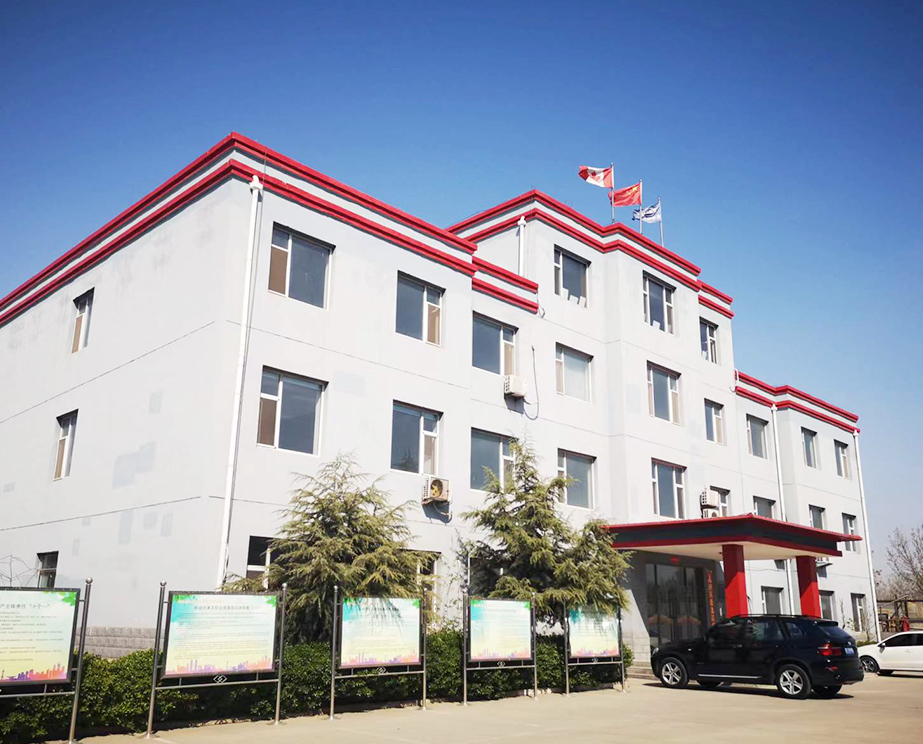- Afrikaans
- Albanian
- Amharic
- Arabic
- Armenian
- Azerbaijani
- Basque
- Belarusian
- Bengali
- Bosnian
- Bulgarian
- Catalan
- Cebuano
- Corsican
- Croatian
- Czech
- Danish
- Dutch
- English
- Esperanto
- Estonian
- Finnish
- French
- Frisian
- Galician
- Georgian
- German
- Greek
- Gujarati
- Haitian Creole
- hausa
- hawaiian
- Hebrew
- Hindi
- Miao
- Hungarian
- Icelandic
- igbo
- Indonesian
- irish
- Italian
- Japanese
- Javanese
- Kannada
- kazakh
- Khmer
- Rwandese
- Korean
- Kurdish
- Kyrgyz
- Lao
- Latin
- Latvian
- Lithuanian
- Luxembourgish
- Macedonian
- Malgashi
- Malay
- Malayalam
- Maltese
- Maori
- Marathi
- Mongolian
- Myanmar
- Nepali
- Norwegian
- Norwegian
- Occitan
- Pashto
- Persian
- Polish
- Portuguese
- Punjabi
- Romanian
- Russian
- Samoan
- Scottish Gaelic
- Serbian
- Sesotho
- Shona
- Sindhi
- Sinhala
- Slovak
- Slovenian
- Somali
- Spanish
- Sundanese
- Swahili
- Swedish
- Tagalog
- Tajik
- Tamil
- Tatar
- Telugu
- Thai
- Turkish
- Turkmen
- Ukrainian
- Urdu
- Uighur
- Uzbek
- Vietnamese
- Welsh
- Bantu
- Yiddish
- Yoruba
- Zulu
steel couplings for pipe
Steel Couplings for Pipe Systems A Comprehensive Guide
In the world of plumbing and piping systems, steel couplings play a crucial role in ensuring the strength and integrity of connections between pipes. These fittings are engineered to provide a secure and leak-proof connection, making them essential for various applications, including industrial, commercial, and residential plumbing. This article will explore the types of steel couplings, their benefits, and practical applications.
Types of Steel Couplings
Steel couplings come in various forms, each suited for specific needs. The most common types include
1. Coupling A straightforward fitting that connects two pipes together, allowing for a continuous flow of liquids or gases. These can be either threaded or welding types, depending on the pipe material and application.
2. Reducer Coupling This fitting is used to connect pipes of different diameters, facilitating the transition from a larger diameter to a smaller one. Reducer couplings are vital in systems where the flow needs to be controlled or adjusted.
3. Union A union coupling allows for easy disconnection of pipe sections without cutting the pipes. This feature is particularly useful in maintenance and repair scenarios.
4. Expander Coupling This type is designed to connect pipes with varying diameters, expanding the smaller pipe diameter to accommodate a larger one, which is beneficial in systems requiring size adjustments without altering the entire pipeline.
Benefits of Steel Couplings
Steel couplings offer numerous advantages that make them a preferred choice in various piping applications
steel couplings for pipe

- Durability Steel is known for its strength, which means that steel couplings can withstand high pressure and extreme temperatures, making them ideal for industrial environments
.- Corrosion Resistance Many steel couplings are coated or finished to resist rust and corrosion. This property prolongs their lifespan and ensures reliability in plumbing systems exposed to moisture and chemical substances.
- Cost-Effectiveness While the initial cost of steel couplings may be higher than plastic alternatives, their longevity and performance often result in lower overall costs due to less frequent replacements and repairs.
- Versatility Steel couplings can be used in a wide array of applications, from water supply lines to natural gas pipelines, making them integral to modern infrastructure.
Applications of Steel Couplings
Steel couplings are pivotal in many sectors, including
- Industrial Plumbing They are extensively used in factories and plants for fluid transport, chemical processing, and waste management systems.
- Commercial Buildings In commercial plumbing systems, steel couplings are employed to connect pipes, ensuring efficient water supply and drainage.
- Residential Use Homeowners often rely on steel couplings for repairs and new installations due to their reliability and strength.
In conclusion, steel couplings are an essential component of piping systems, providing strong, durable connections that are vital for the efficient functioning of various applications. Their versatility, combined with their resistance to corrosion and ability to handle high pressures, makes them a staple in both industrial and residential plumbing. When choosing couplings for any piping project, investing in quality steel fittings is crucial for ensuring long-term performance and peace of mind.
-
Tubing Pup Joints: Essential Components for Oil and Gas OperationsNewsJul.10,2025
-
Pup Joints: Essential Components for Reliable Drilling OperationsNewsJul.10,2025
-
Pipe Couplings: Connecting Your World EfficientlyNewsJul.10,2025
-
Mastering Oilfield Operations with Quality Tubing and CasingNewsJul.10,2025
-
High-Quality Casing Couplings for Every NeedNewsJul.10,2025
-
Boost Your Drilling Efficiency with Premium Crossover Tools & Seating NipplesNewsJul.10,2025







